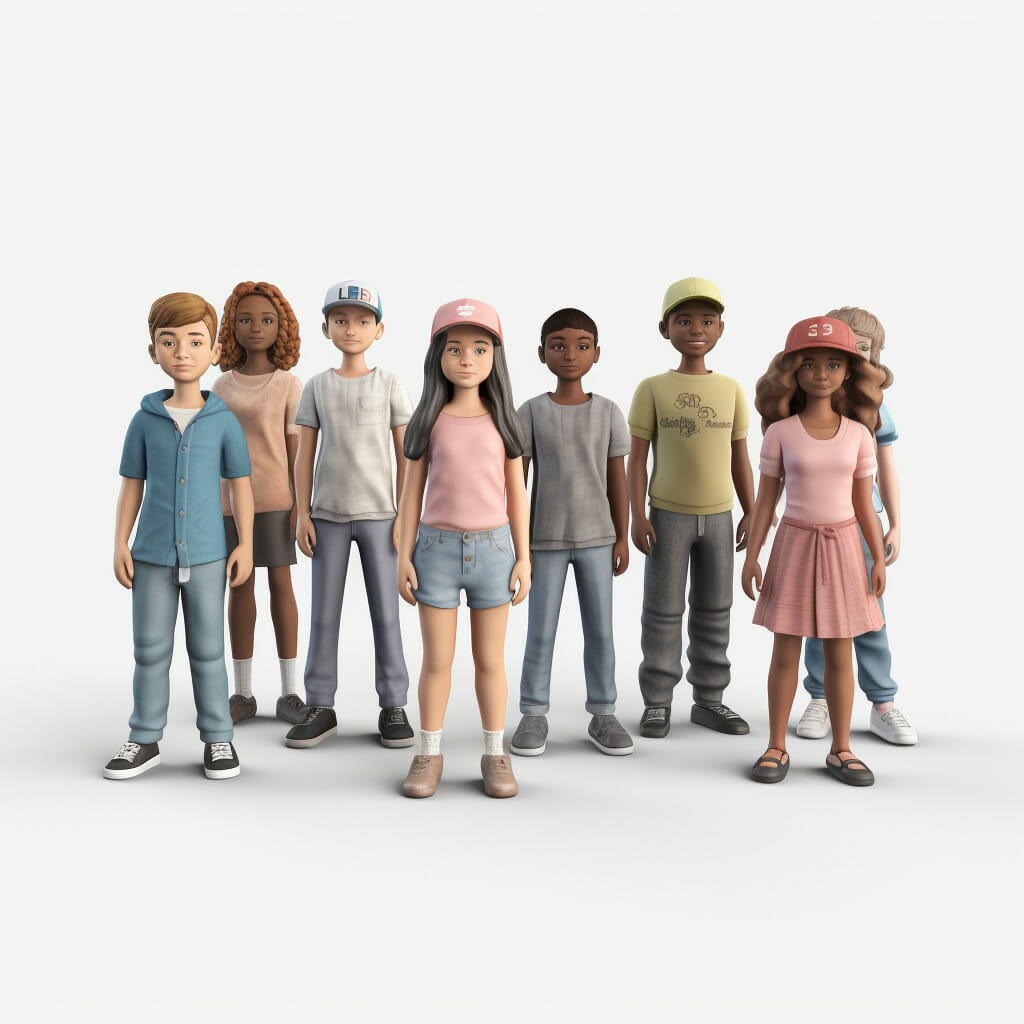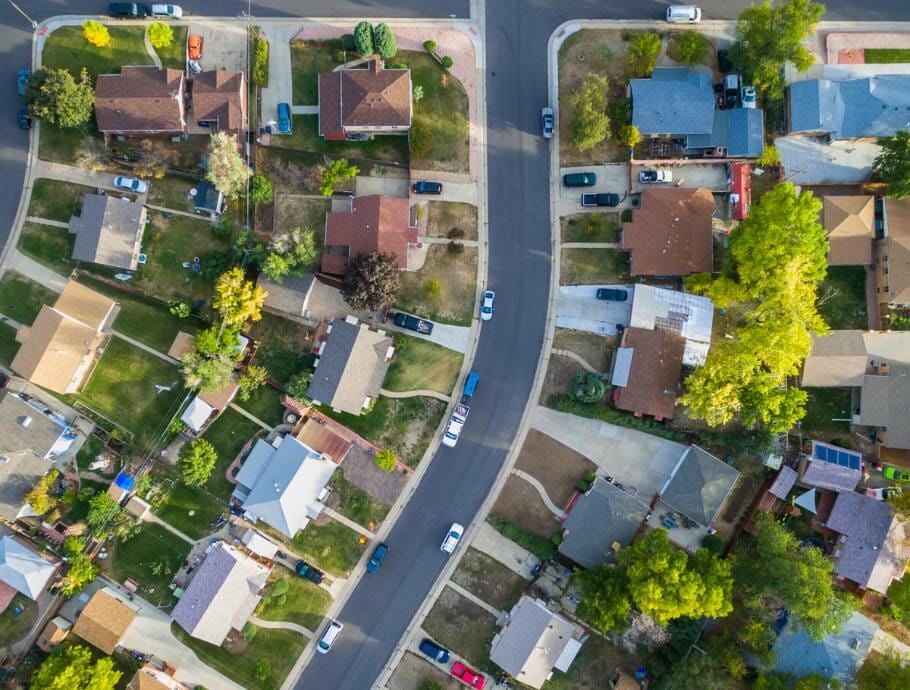GLOBAL SOCIAL AND MENTAL HEALTH CRISIS

People are not feeling well???? !
Loneliness, anxiety, suicide, and insomnia are at an all-time high.
But the current healthcare systems can’t keep up ⚠
970 Million
people worldwide are in some emotional distress
↗ 47%
Increase In More Severe Cases Considering Suicide
More than half
of children were abused emotionally or physically at home during COVID
71% increase
Increase In Adolescents With Mental Health Issues From 2008 – 2017
And it’s a challenge for everyone.
How are different communities’ mental and emotional wellness needs different? Our health is influenced by five main factors: genetics, behavior, environmental and physical influences, healthcare, and social factors. Issues relating to equity—race, education level, income, etc.) contribute to the social factor of health (also often referred to as SES social determinants of health). Childhood enrichment and parents’ involvement boost education; education determines career, and career determines community and what resources a person has at their disposal.
Youths
With the increasing demands and pressures of modern life, young people are facing unprecedented levels of stress, anxiety, and depression. It is crucial for society to recognize the importance of youth mental health and provide the necessary support and resources to address it. Undiagnosed learning differences and emotional distress compromise educational outcomes and prompt mental illness.
By promoting emotional wellness, mental health and creating safe spaces for young people to express their feelings, we can help them navigate the challenges of adolescence and develop resilience for a healthier future.
Factors hurting youth’s emotional wellness: social media, bullying, body image issues, stress, sleep, substance abuse, and poor nutrition.


Women
Women often face unique challenges impacting their emotional well-being, such as societal expectations and the pressure to balance multiple roles. Financial stress affects parents’ mental and emotional wellness and ability to care. By implementing targeted interventions and promoting awareness, we can empower women to prioritize their emotional wellness and break the stigma surrounding mental health.
Lack of childcare support, low income and inequality prevent many women from seeking help.
Black
The stigma surrounding mental health in the black community often prevents individuals from seeking the help they need. This can lead to a cycle of emotional distress and isolation. Historical and ongoing systemic racism and discrimination impact mental and emotional wellness. To promote emotional wellness and mental health among black people, it is essential to create safe spaces for open dialogue, provide culturally competent mental health services, and dismantle the barriers that prevent individuals from seeking help. By fostering understanding, empathy, and support, we can work towards a society where black individuals can thrive and find the mental health support they deserve.
Higher rates of poverty, single-parent households and limited opportunities for economic mobility


Asian
In many Asian cultures, there is a stigma surrounding mental health, leading to a lack of awareness and support for those struggling. High academic and career expectations can cause stress and burnout. By breaking down the barriers and providing culturally sensitive resources, we can empower Asians to prioritize their mental health and work towards a brighter and healthier future.
Cultural values may discourage seeking help to preserve “face.”
Hispanic
Many factors contribute to the mental health crisis of Hispanic people, including cultural stigma, language barriers, and limited access to mental health resources. Lack of access to mental and emotional wellness services in their native language and context has also contributed significantly to this crisis. It is crucial to create a supportive and inclusive environment that promotes emotional well-being and provides accessible mental health resources.
Higher levels of discrimination, poverty, and immigration-related stress

Find Qualified Behavioral Healthcare Specialists
Misdiagnosis of a mental, physical, or behavioral health issue is estimated to occur at least once in a person’s lifetime – a single misdiagnosis can have devastating, even fatal, consequences. A psychiatrist treating a patient for depression and anxiety, when the underlying cause is actually bipolar disorder or autism, puts them through ineffective and unnecessary treatments and wastes precious time and resources for the patient and physician alike. Denying people effective treatment leads to self-medication with substances, poor academic and work performance, and even suicide. curaJOY develops digital diagnostic and monitoring solution to deliver the best behavioral health practices to rural and international regions.
HELPING FAMILIES FIND BALANCE
Our self-perception, relationships, and coping skills impact our happiness and success.
Parents’ quality of life is affected by their children’s mental and emotional wellness, and vice versa. When one family member struggles, everyone feels it.

Moods
Our social-emotional development begins the day we’re born and continues throughout adulthood. Healthy expression of moods involves acknowledging and validating our feelings, communicating them effectively, and seeking appropriate help.

Environments
Children’s families and environments are critical in influencing their social, mental and emotional wellness, but not all families have the financial security and know-how to promote healthy social-emotional skills in their children.

Relationships
Social disconnectedness–loneliness–is a growing problem. Individual mental and emotional wellness can only grow reliably when our mood is supported by healthy environments and maintained with positive behaviors.

Behaviors
Our behaviors can either contribute to or alleviate stress. Engaging in healthy coping mechanisms like mindfulness and positive thinking can help manage stress and prevent it from negatively impacting our emotional well-being.
Stress And Anxiety Don’t Discriminate.
It Can Happen To People Of Any Age, Income, Race, Or Gender.
curaJOY is family’s nonprofit champion of their wellness, transforming social emotional learning and behavioral healthcare for communities, individuals, and institutions worldwide. Here’s how:

Healthcare Agencies
- Reduce or eliminate non-billable hours
- Serve more clients
- Bypass hiring challenges
- Better data
- Ensure compliance
- Saves time

Communities
- Discreet and private services
- Diverse providers
- Affordable and immediate
- High-intensity/frequency, 24/7 on-demand
- Gamification made fun

Schools
- Decreased absenteeism
- Lower cost of interventions
- Maintain com
- Meet DEI goals
- Consistent implementation
